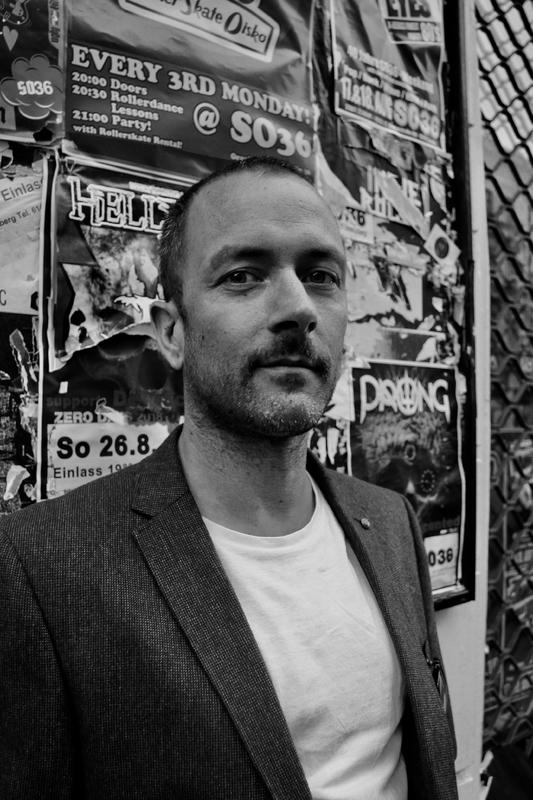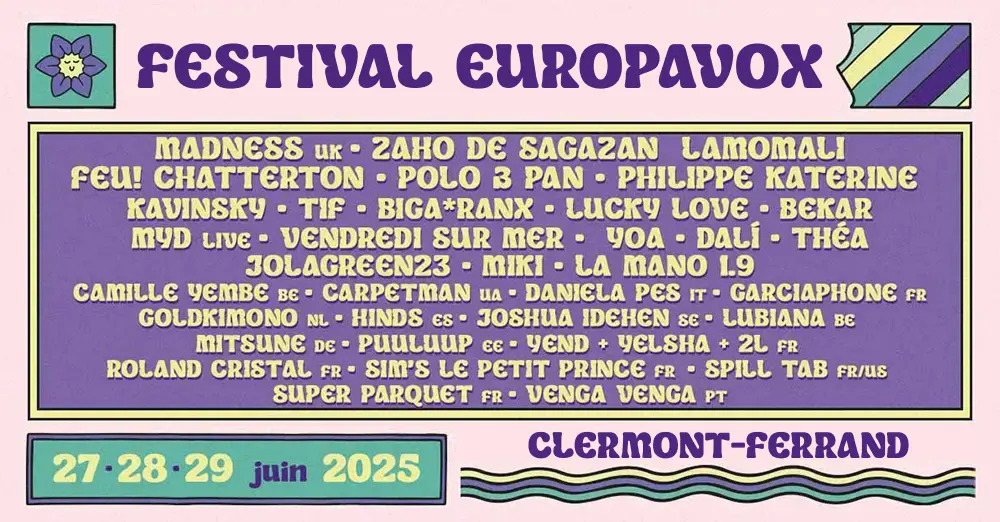
Outside of the rap scene, Germany’s pop and indie-rock worlds can come across as being bereft of the wider multiculturalism that embodies the country as a whole. To help tackle this, and to create tools and action points within the music scene, several organizations and initiatives were formed to work towards a more diverse scene.
One such recently launched international initiative, Black Artist Database, focuses on a series of online resources for music buyers, writers, journalists, and promoters, connecting them with BIPoC artists and labels.
Black Brown Berlin meanwhile, founded by Femi Oyewole in 2018, was established to help connect local BIPoC communities, businesses and networks, to create supportive environments and amplify diverse voices. Including but not limited to the music scene, Black Brown Berlin has worked to provide safer spaces for members of the BIPoC community, in addition to pushing for more representation throughout the city.
More recently, a newer initiation called DECOLONOIZE was founded with the goal of making BIPoC perspectives more visible within the alternative music scene.
“As a collective, we want to create visibility of BIPoC perspectives in the music scene and be an inspiration for the Berlin music landscape to take diversity further and to see BIPoC persons not as a prop, but as a necessity,” states Maro Al-Jwari, one of the many faces behind the new collective.
“Furthermore, our focus is to ensure participation for LGBTQI+ of color, marginalized BIPoC and refugee migrants in Berlin,” Al-Jwari adds. “BIPoC musicians and artists are still very underrepresented in music and art scenes by labels, broadcasters and booking agents, especially in terms of recognition and in financial terms.”
As part of their ethos, the team behind DECOLONOIZE look to correct the narratives within the alternative community through powerful social media messaging, in order to showcase bands and artists from diverse backgrounds and cultures. “From a historical point of view, genres like rock and punk have been mostly associated with white British and white US-Americans acts,” Al-Jwari explains. “The music’s original black roots have been actively concealed for decades, and BIPoC artists are either comparatively less well-known or invisible.”
One of the primary means to meet these goals is the use of concerts and events. To date, the initiative has already played host to the likes of Jaguwar and hip-hop producer Breezy.
Voir cette publication sur Instagram
In May 2022, DECOLONOIZE has launched their first ever festival, with a mixture of bands, singer-songwriters, DJs, and exhibitions all taking place throughout the weekend-long event. “We look forward to celebrating BIPoC art of all kinds in an atmosphere that encourages solidarity and empowerment,” Al-Jwari adds about the forthcoming event. “We would like to offer a safer space for migrant, queer and BIPoC guests to enable them to enjoy art and music free from abuse and discrimination.”
With events and festivals returning after the long Covid hiatus, it’s becoming more apparent that having stronger diverse line-ups is essential for the scene to remain relevant and cohesive. With the likes of DECOLONOIZE, and Black Brown Berlin supporting this initiative, Berlin can better look to celebrate its multiculturalism across all of its musical platforms, regardless of genre.

